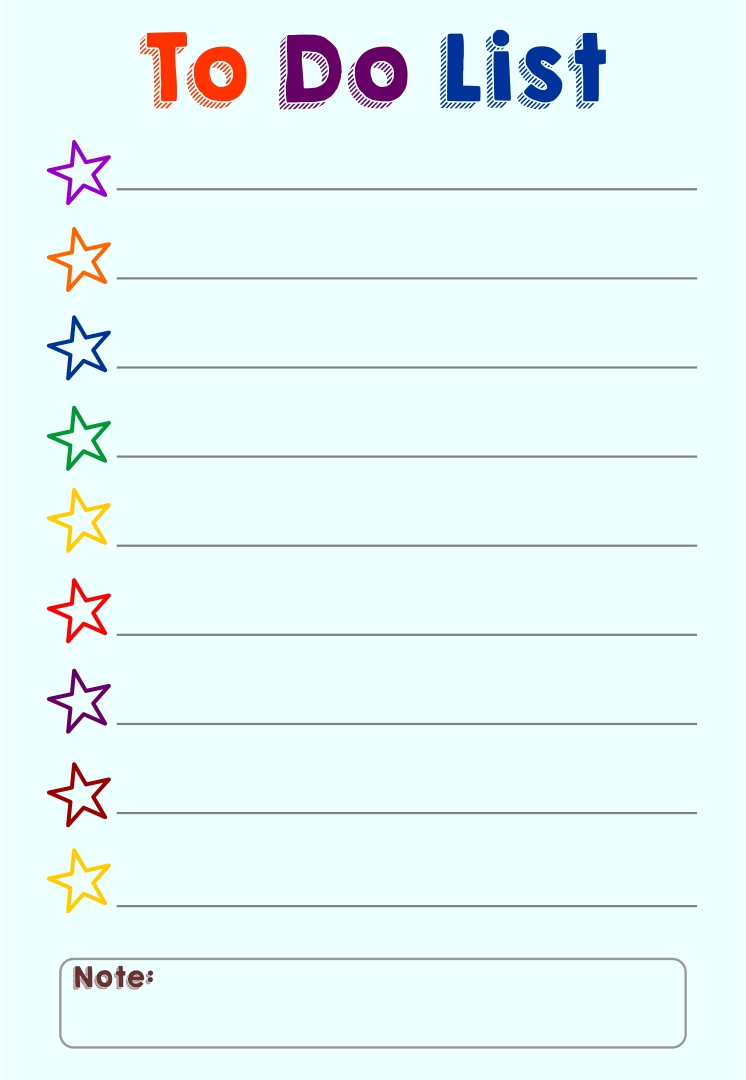

If you want a more modern, straightforward approach to personal finance, check out “ The Index Card: Why Personal Finance Doesn’t Have to Be Complicated.” It boils down the basics of money management to 10 simple rules short enough to fit on a 4-by-6-inch index card. “The Index Card” by Helaine Olen and Harold Pollack But if you prefer a bound copy, you can buy it from Amazon or Bookshop. It emphasizes principles like living within your means, saving for retirement, and avoiding risky investments and get-rich-quick schemes.īecause this older book is no longer under copyright, you can read the full text for free online at the Internet Archive. This classic text remains popular with 21st-century readers because it presents sound financial wisdom in a clear, compelling way. The stories were such a hit in 1926 that they were bound together and published as a book. Clason illustrated financial principles through parables - specifically, short stories set in ancient Babylon. But he didn’t simply lay out facts like a textbook. Clason wrote a series of informational pamphlets for banks and insurance companies to hand out to their customers. “The Richest Man in Babylon” by George S. They’re the perfect way for financial newbies to learn the basics of earning, saving, investing, and developing smart money habits.

There are several books on money that offer a broad, all-around primer on personal finance and money management. Most books on a particular financial topic cover pretty much the same ground. Of course, there’s no way you could read every single personal finance book on the market. At your local library or bookstore, there are hundreds of books on all aspects of dealing with money, from basic budgeting to early retirement.

One way to improve your financial literacy is to read up on the subject. In a 2019 survey by The National Financial Educators Council, 1,500 Americans said their poor financial fitness had cost them an average of $1,230 in the past year. A 2018 study by the FINRA Foundation found that only one in three Americans could correctly answer at least four out of five questions about simple financial concepts like compound interest and inflation. Most Americans today are woefully lacking in financial literacy.


 0 kommentar(er)
0 kommentar(er)
